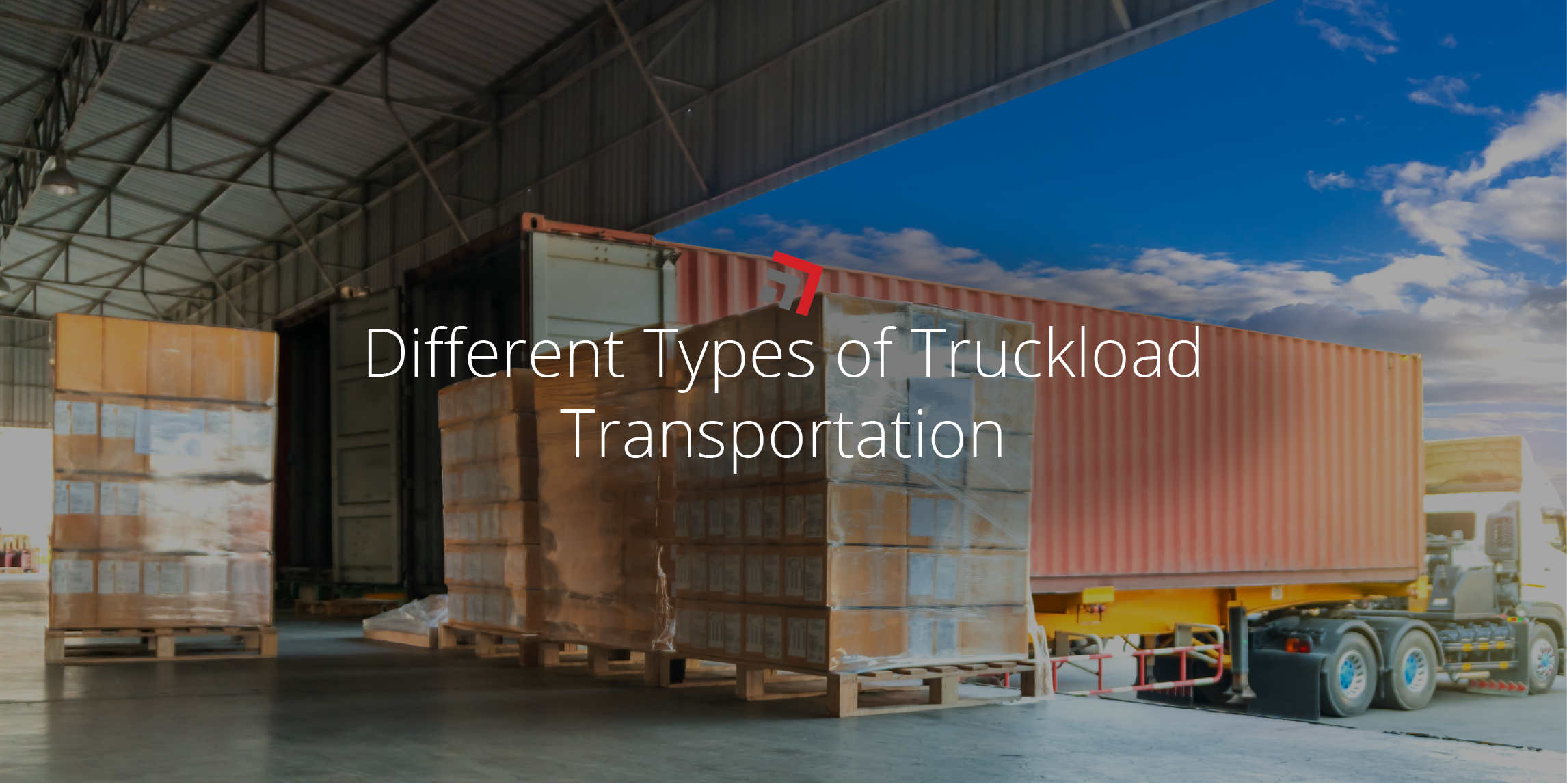Truckload transportation is undoubtedly the most popular type of domestic transportation when pitted against intermodal and air. Hundreds or thousands of trucks are being dispatched every hour, and while it may seem like a simple industry that everyone just “figures out”, it can be confusing when you’re put in a decision-making position to select the type of truckload transportation your business is using.
Luckily, it’s actually rather simple; there are only two overarching types of truckload transportation – LTL and truckload – and while there are no “rules” regarding the tipping point between the two, it should be relatively simple to know which is right for your business. Here is a bit about each type of truckload transportation mode:
Full Truckload
Full truckload works exactly how the name implies. In full truckload transportation, you are renting an entire semi truck trailer for your product only. In other words, no other shipper’s cargo will be abroad the truck with you, and the truck will have no additional stops between it’s dispatch center and your dock.
Full truckload is beneficial for a lot of reasons. Firstly, is space. When you have a full truckload shipment, you’re allowed to max out the capacity of the trailer (so long as it fits in the specific weight and dimensions guidelines for the trailer you’re using).
Secondly, risk is significantly lower with full truckload shipments. Since you’re cargo is being fingerprinted less by bypassing consolidation and deconsolidation stages, your cargo is less risk-prone and more likely to make it to your facility without any damage.
Full truckload is best for businesses who are either shipping a lot of cargo or want the maximum amount of security for a shipment traveling by road.
Less-Than-Truckload (LTL)
Less-than-truckload shipping (otherwise known as LTL shipping) is a mode of road transportation that involves consolidating multiple shippers’ cargo into one semi-trailer. Obviously, this means shipments may be slower since the same trailer isn’t traveling to one location. It has to stop, be deconsolidated, and reconsolidated on different trailers headed to closer groupings of destinations. This also means your cargo is being handled much more than full truckload transportation.
Less-than-truckload does have huge benefits. Firstly, the tracking technology and TMS management systems surround LTL freight are top-notch, providing visibility around the clock to any involved parties. Secondly, LTL is a great shipping option when you are moving small loads of freight that either (1) can’t fill a full trainer, or (2) would not be worth the additional cost of renting a full trailer. You’re taking on some additional risk and potential for cargo damage, but so long as you ensure your cargo is insured, you should be fine moving cargo via LTL!
Conclusion
If you’re confused regarding the best way to go about setting up a truckload or LTL shipment, or are just looking for efficiencies you can exploit in your domestic transportation process, please reach out to one of our team members! This is what we do around the clock – we’ve seen everything and are happy to answer any and all questions you might have.



Recent Comments